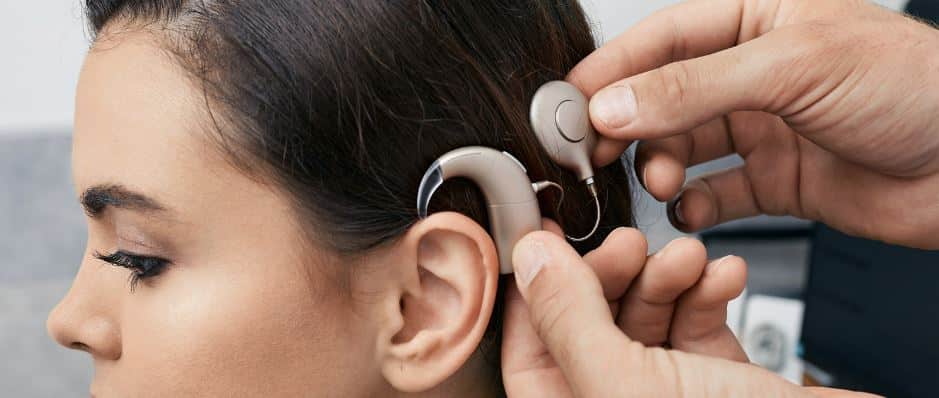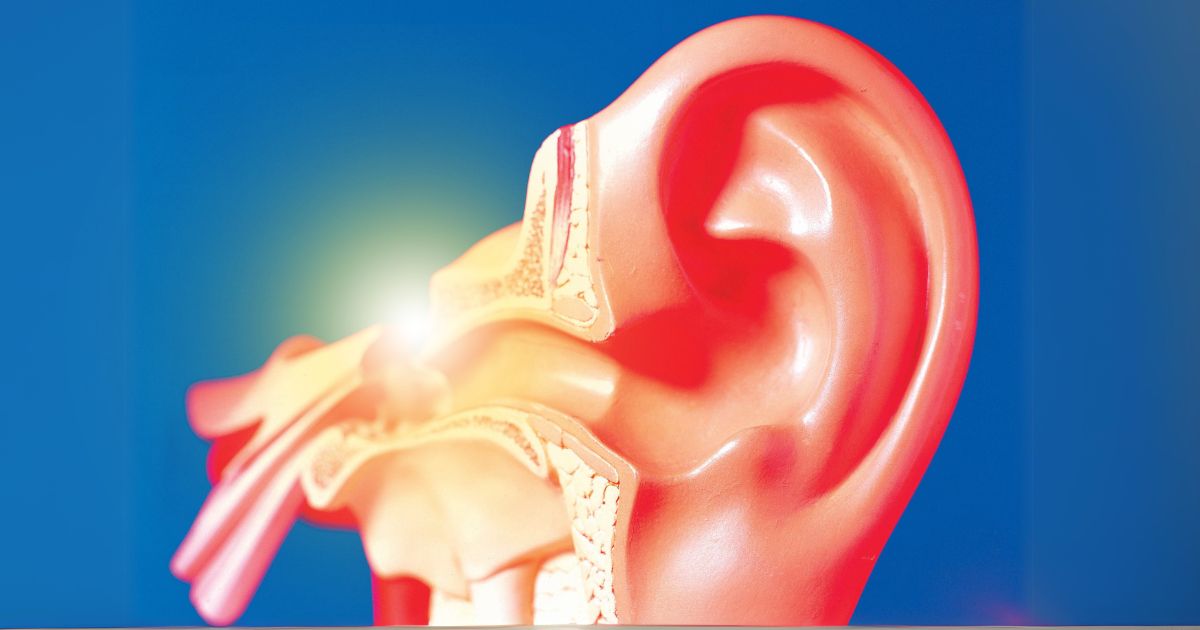VIENNA, AUSTRIA — A recent study led by a research team at MedUni Vienna highlights the potential of AC102, a new active substance that could mark a significant advancement in the treatment of acute hearing disorders, including sudden hearing loss. The promising findings, published in Cell Death & Disease, stem from preclinical trials and offer a glimpse of hope for individuals with severe hearing impairments.
A Promising Discovery
The study, conducted under the leadership of Christoph Arnoldner from the Department of Otorhinolaryngology at MedUni Vienna and Hans Rommelspacher of Audio Cure Pharma GmbH, Berlin, demonstrated the effectiveness of AC102 in animal models involving cochlear implants. Cochlear implantation is currently the only treatment option for more advanced degrees of hearing loss, but the surgical procedure can damage the inner ear and result in the loss of crucial residual hearing, which is necessary for optimal speech comprehension and sound perception.

“In our study, we have now been able to show that the residual hearing of animals that were administered AC102 once increasingly recovered in contrast to untreated animals,” reported first author Michael Nieratschker from MedUni Vienna. Through cell cultures and inner ear models, the research team found that AC102 has an anti-inflammatory effect, protecting hair cells and auditory nerves from dying.
Potential Applications for Sudden Hearing Loss
The implications of AC102 extend beyond cochlear implantation. “Sudden hearing loss is usually treated with cortisone, but recent studies show that this approach often does not work,” emphasized Christoph Arnoldner, Head of the CD Laboratory for Inner Ear Research at MedUni Vienna. Since inflammatory processes and cell damage are involved in both residual hearing loss and acute sudden hearing loss, AC102 was tested in these contexts.
The compound’s efficacy has already been demonstrated in preclinical studies, and a Phase I study at MedUni Vienna and Radboud University in Nijmegen has confirmed its safe use. “All the results so far give us reason to hope that AC102 could be suitable for the treatment of acute sudden hearing loss,” said Arnoldner and Nieratschker, expressing cautious optimism.
A Step Forward in Hearing Health
Cochlear implantation, while effective in restoring some degree of hearing, often compromises any remaining natural hearing due to surgical trauma. The introduction of AC102 may provide a way to preserve this residual hearing, offering patients better overall outcomes. This advancement comes as traditional treatments, like corticosteroids, have shown limited success, underlining the need for new therapeutic approaches.
“Since inflammatory processes and cell damage also play a role in acute sudden hearing loss, as in the case of residual hearing loss in cochlear implantation, the use of AC102 was also investigated in this context”
–Christoph Arnoldner
As the incidence of hearing loss rises globally, partly due to aging and noise exposure, AC102 could represent a transformative option for those affected.
Next Steps
The journey to bring AC102 to clinical use continues, with a Phase II study already underway at several European centers, including MedUni Vienna. This trial aims to confirm the drug’s efficacy in patients and further assess its potential as a treatment for sudden hearing loss.
The research team remains hopeful, as more studies could eventually lead to a breakthrough in treating acute hearing disorders. With continued collaboration and clinical investigation, AC102 may pave the way for more effective therapies and improve the lives of those living with hearing loss.
Reference:
- Nieratschker, M., Yildiz, E., Gerlitz, M. et al. A preoperative dose of the pyridoindole AC102 improves the recovery of residual hearing in a gerbil animal model of cochlear implantation. Cell Death Dis 15, 531 (2024). https://doi.org/10.1038/s41419-024-06854-9






